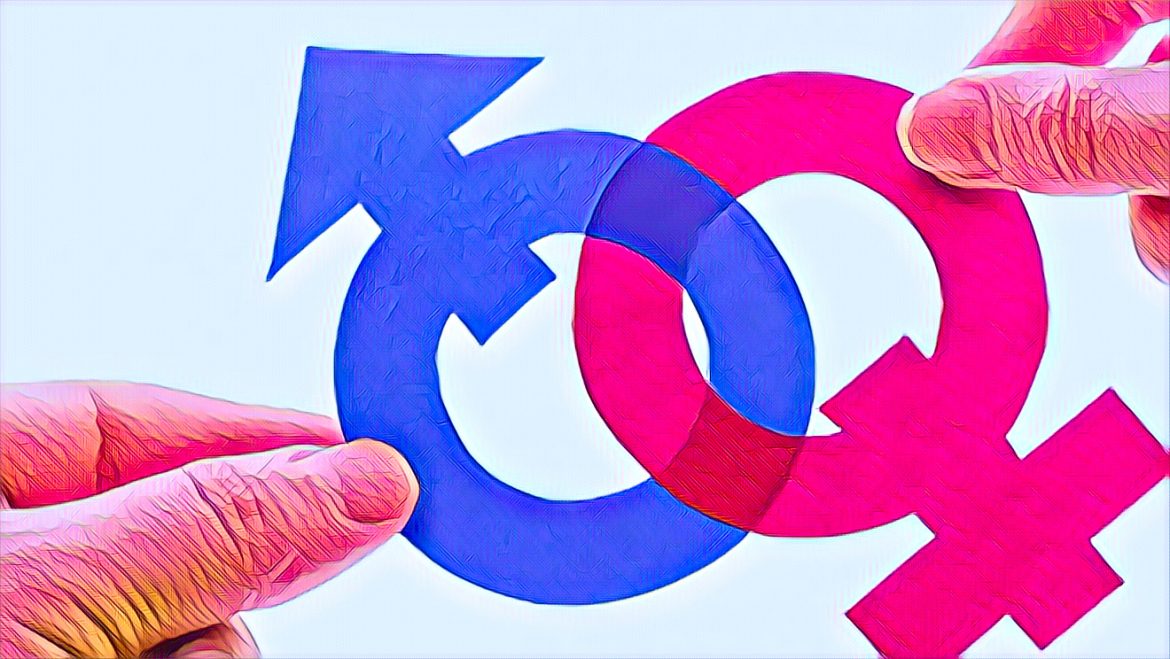Women’s rights groups in Zimbabwe are intensifying their campaign for equal representation in decision-making platforms ahead of the 2028 elections. The Women’s Coalition in Zimbabwe is taking the lead, emphasizing the necessity of women’s inclusive participation.
The Minister of Women Affairs, Monica Mutsvangwa, recently emphasized the importance of women’s participation in politics and leadership roles to attain gender equality in Zimbabwe’s governance. She pointed out that there are more women than men in Zimbabwe, highlighting the necessity for their active engagement in leadership positions.
During the launch of the Feminist Participatory Action Research in Harare last Thursday, Women’s Coalition in Zimbabwe chairperson Muchanyara Mukamuri stressed the importance of adhering to the Constitution’s provisions. “Our Constitution speaks of the 50/50 issue. It also speaks of equality and non-discrimination. It’s about implementing those sections of the Constitution that speak of equality and non-discrimination,” Mukamuri said.
She added, “We have seen with discerning hearts that even appointments made at all levels, whether in the public sector or private sector, still favor men. Yet, women with capacities are present.”
Mukamuri stressed the importance of political commitment and financing to ensure deliberate action during appointments, constitutional implementation, elections, and political party processes. She expressed sadness at the fact that even when there is a discussion about having a woman in the presidium, only men are chosen. She stated, “We are starting fresh, and this time we need to step up our efforts to ensure that by 2028, we will have made significant progress.”
Women in Politics Support Unit (WIPSU) executive director Sakhile Sifelani Ngoma echoed Mukamuri’s sentiments. She stated that women were reclaiming their positions within communities and at the national level through an extensive grassroots movement approach. “So, as the women’s movement in Zimbabwe and as WIPSU, we are in a fresh bid for 50-50 in Zimbabwe. Looking at representation in the country, yes, we can see the gains made in terms of representation coming out of the 2023 election, but we are still calling for progressive development, which is what the Constitution is asking for,” Ngoma said.
She added, “Our eyes are firmly set on ensuring that the country reforms its legal, electoral, and political party financing architecture to deliver a conducive environment in 2028 that will deliver 50% of constituencies in women’s representation and 50% of wards in women’s representation.”
The movement is gaining momentum as women’s rights groups and activists continue to advocate for gender parity in all spheres of governance. The Constitution’s provisions for equality and non-discrimination are central to their campaign, which seeks to ensure that women are given equal opportunities in leadership roles.
The campaign for 50/50 representation is not just about achieving numerical equality but also about ensuring that women’s voices are heard in decision-making processes. This will lead to more inclusive and equitable governance. The push for equal representation is a critical step toward realizing the full potential of Zimbabwe’s democracy.
The Women’s Coalition in Zimbabwe and other women’s rights groups are committed to seeing these changes implemented. They are working tirelessly to ensure that by 2028, Zimbabwe will have achieved significant milestones in gender equality. Their efforts are aimed at creating a more just and equitable society where women have an equal say in shaping the nation’s future.
The campaign’s success will depend on the collective efforts of all stakeholders, including the government, civil society, and the private sector. By working together, they can create an environment where women can thrive and contribute to the nation’s development on an equal footing with men.
Source: Newsday


